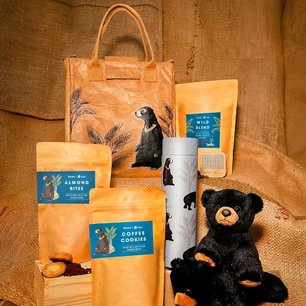Fashion brands have been moving towards sustainable alternatives in the last couple of years and Hermès is joining the league. In March 2021, the luxury fashion brand worked with biotechnology company MycoWorks to release its Hermès Victoria bag using mushroom leather called Sylvania. Now, it’s looking to launch more collaborations with the San Francisco-based company.
But how ‘sustainable’ is Hermes’ sustainability tactic? We look into some fast facts below.
Where is mushroom leather from and how is it different from animal leather?
The Sylvania mushroom leather used by Hermès and MycoWorks for this collaboration is derived from Reishi, a mycelium material made from a mushroom’s renewable root that mimics the structure and durability of animal leather. Its main advantage is it’s a lot more customisable than real leather; a maker can tweak the thickness, the feel and texture, and many other aspects of the material.
Is it really sustainable?
Recent reports and studies suggest that vegan alternatives to animal leather, such as mushroom leather, are more sustainable. This is because they can be grown and reproduced without polluting the environment and are more biodegradable; which ensures they don’t produce excessive waste even when they are disposed of.
However, depending on the production company’s resources, the technology used for waterproofing and making the mushroom leather scratch-resistant, more durable than animal leather, and more, can still be environmentally harmful processes.
There’s also the matter of product longevity. Mushroom leather and other vegan alternatives are also marketed as more biodegradable, This means these alternatives may have a shorter lifespan compared to animal leather. Constant replacement equals more waste. Complicated, right?
Should you buy mushroom leather bags, be they from Hermès or other brands?
At the moment, mushroom leather is considered the more sustainable option so if sustainability is something you live for, it may be good to look into the product yourself and see if it’s something you’d buy.
But on top of supporting these brands, we should also continue to demand for transparency.
It’s up to us as consumers to be discerning and make sure we’re not swiping our cards to support sustainability efforts that benefit us not just now but more importantly will do so in the future.
(Cover photo from: @mycoworks)
Comments, questions or feedback? Email us at [email protected].






_(1).png)
.jpg)
.png)